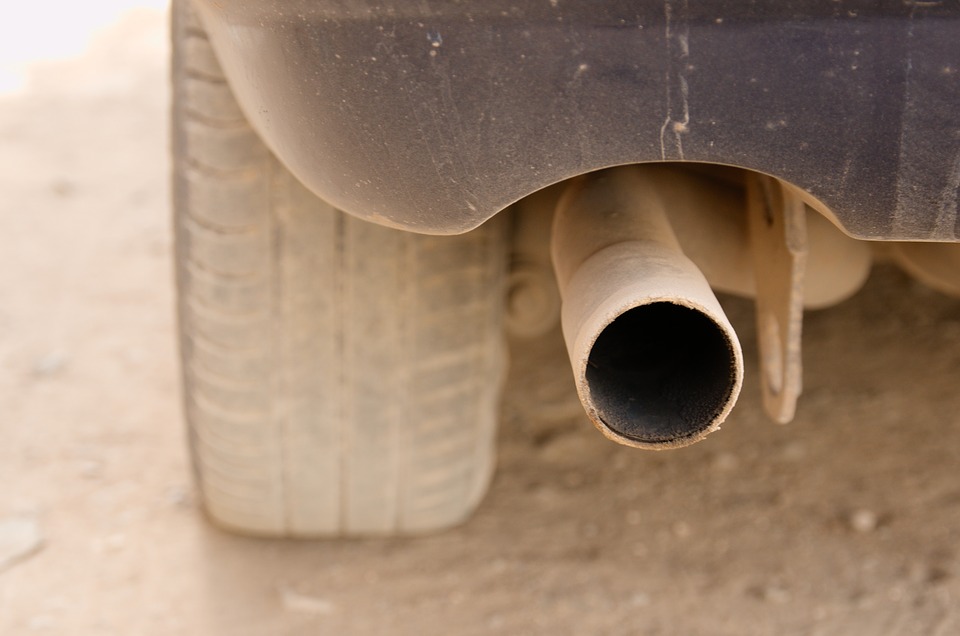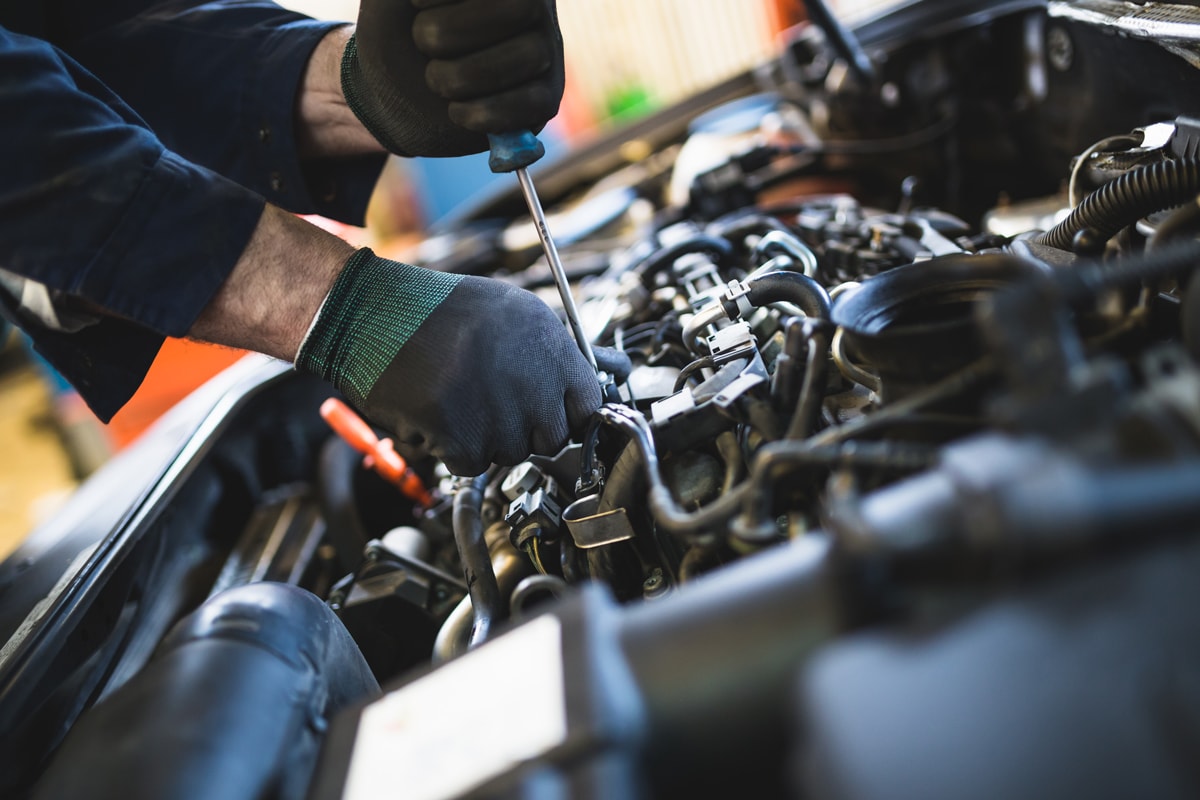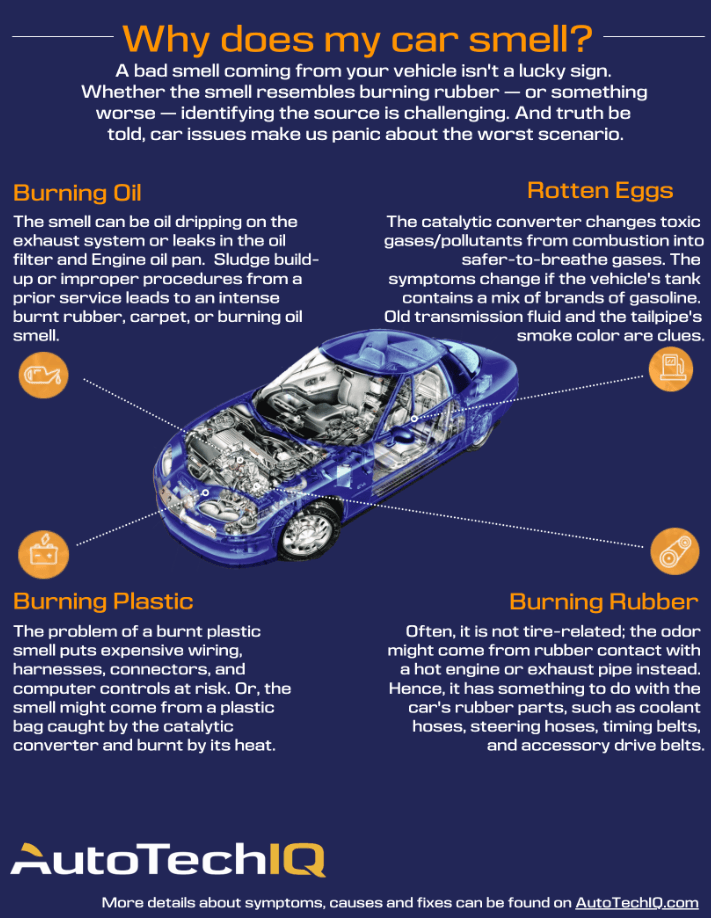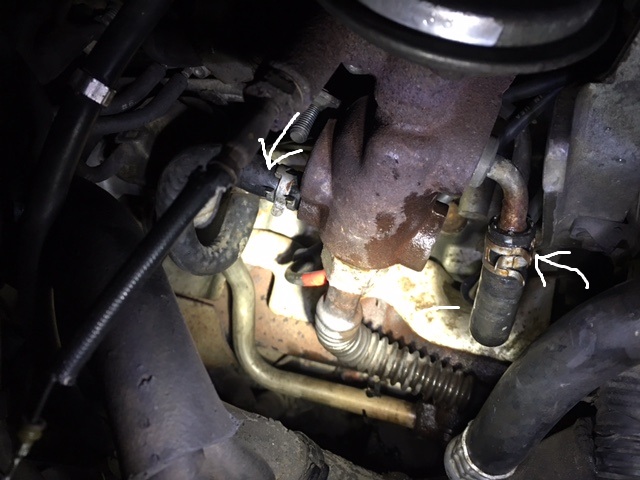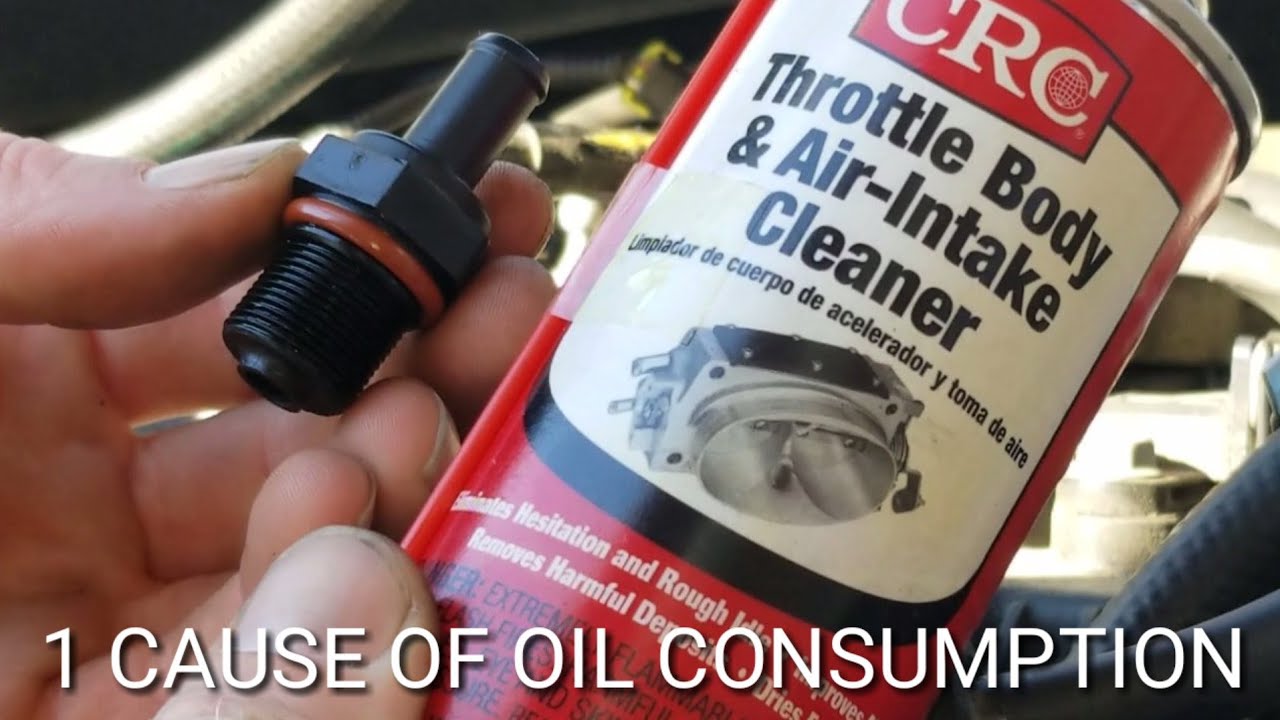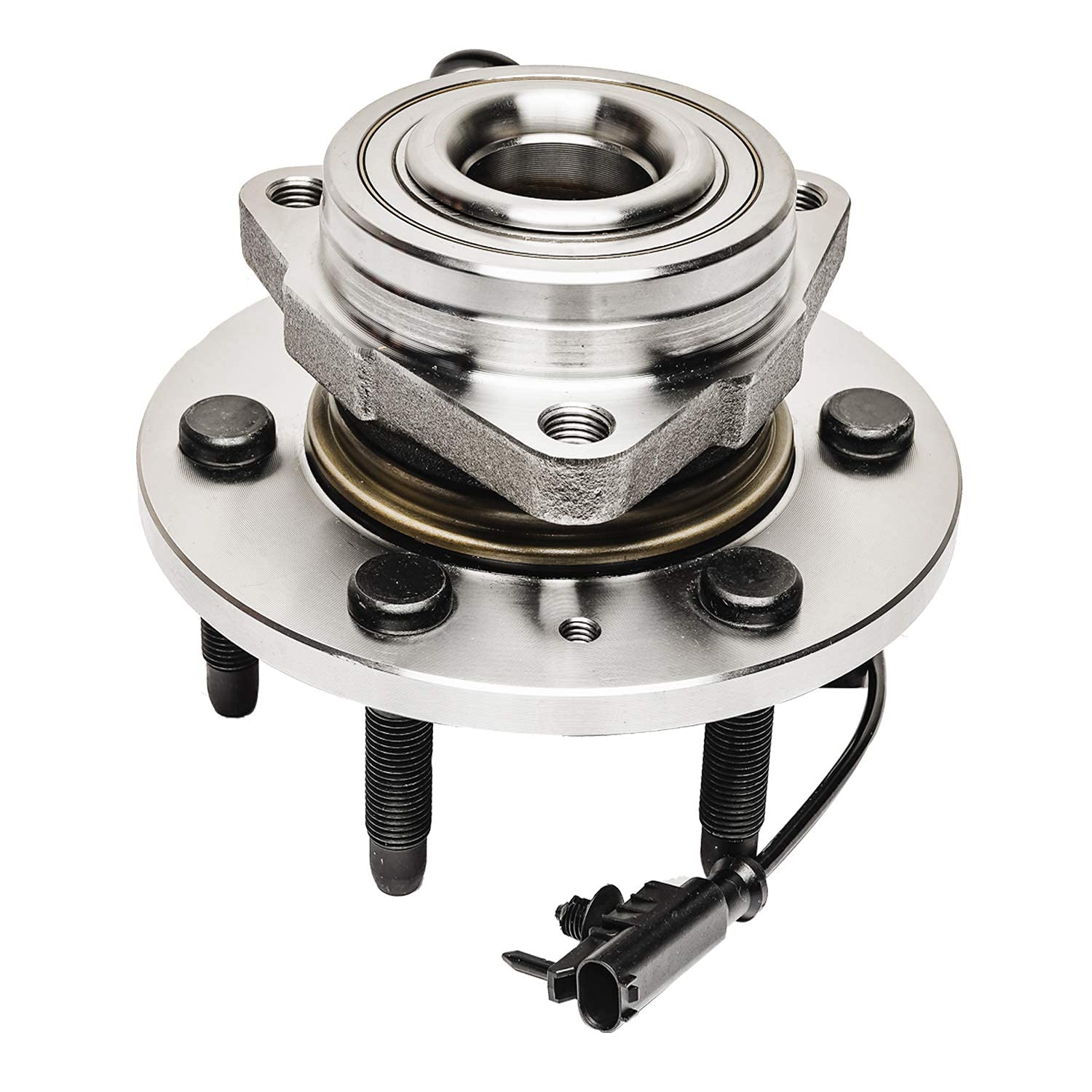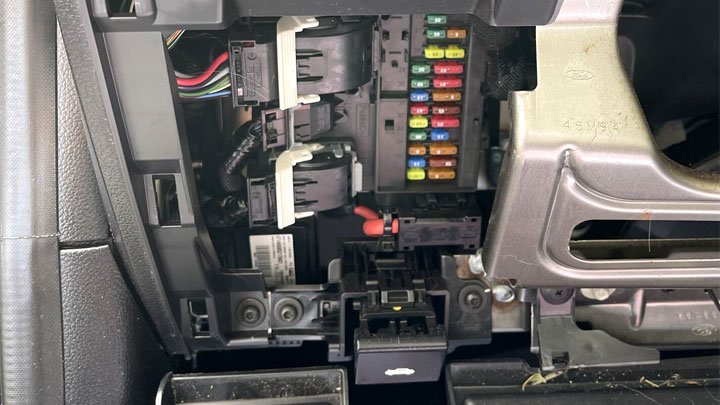How Long Can I Drive With an Exhaust Leak
Driving with an exhaust leak is not recommended; you should fix it immediately to avoid further damage. The risk of carbon monoxide poisoning and vehicle damage makes prompt repairs essential.
An exhaust leak is a serious issue that can affect both your health and your vehicle’s performance. It poses a significant hazard due to the potential for carbon monoxide to enter the cabin. This odorless and colorless gas can lead to dangerous situations, particularly if the leak is near the front of the car where it’s closer to the ventilation system.
Additionally, an exhaust leak can lead to decreased fuel efficiency and compromised engine performance. The vehicle’s exhaust system plays a critical role in directing harmful gases away from the engine and reducing noise. Ignoring an exhaust leak can also result in costly repairs down the line, as it might lead to further deterioration of exhaust components. Therefore, it’s crucial to address an exhaust leak as soon as it’s detected to ensure your safety and maintain the longevity of your vehicle.
Risks Associated With Driving An Exhaust-leak Vehicle
An exhaust leak can pose several risks if not addressed promptly. Driving a vehicle with such a problem not only affects its performance but also poses health risks and safety concerns. It’s crucial to understand the dangers and consider immediate repairs.
Potential Health Hazards
Exhaust leaks can be hazardous to your health. The fumes contain toxic gases like carbon monoxide, which is odorless and colorless. Breathing in these gases can lead to serious health issues, especially in a confined space like a car cabin.
- Headaches and dizziness due to carbon monoxide exposure.
- Nausea can occur when toxic fumes are inhaled over time.
- Long-term exposure may result in serious health conditions.
Safety Concerns On The Road
An exhaust leak can compromise your vehicle’s safety. Here’s how:
- Reduced engine performance can lead to unexpected stalling.
- Poor acceleration could prevent you from avoiding road hazards quickly.
- Loud noises may distract you or mask important sounds on the road.
Such issues could lead to dangerous situations, especially in heavy traffic or at high speeds.
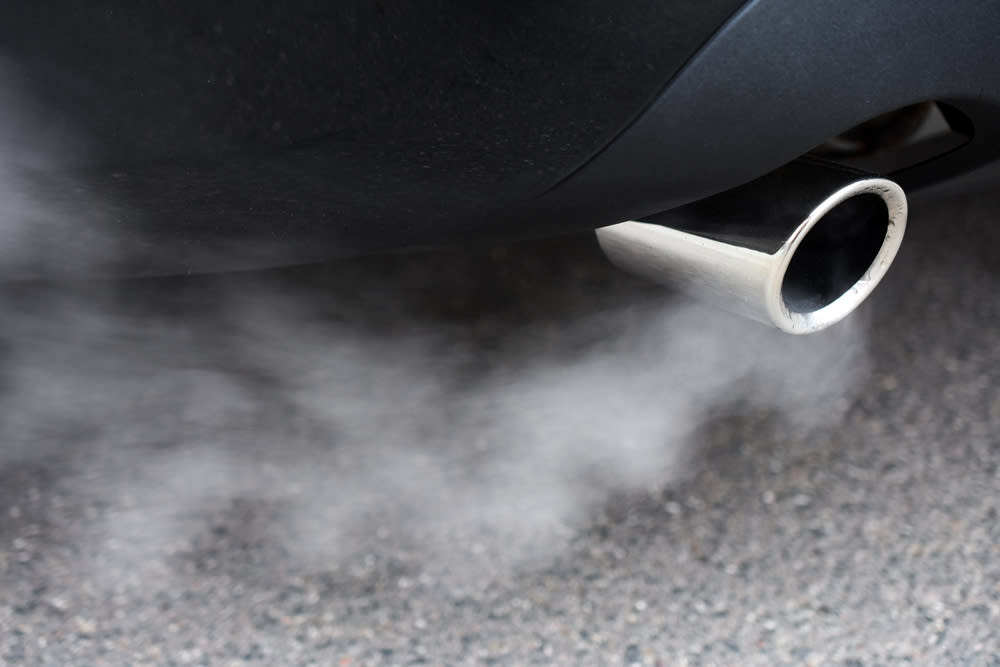
Credit: www.yourmechanic.com
Identifying An Exhaust Leak
Identifying an exhaust leak is vital for your safety and your vehicle’s performance. Not only does it compromise your car’s efficiency, but it can also lead to hazardous toxins entering the cabin. Early detection is key to avoiding more serious problems.
Common Symptoms To Look Out For
Staying alert to the tell-tale signs of an exhaust leak is crucial. Watch out for these common symptoms:
- Unusual Noises: Hissing or popping noises when starting the engine.
- Reduced Fuel Efficiency: More frequent trips to the gas station.
- Performance Issues: Acceleration might feel sluggish.
- Vibrations: The steering wheel or pedals may vibrate.
- Check Engine Light: This dashboard alert could signal an exhaust issue.
Diagnostic Steps
To confirm an exhaust leak’s presence, take the following diagnostic steps:
- Inspect visually under the car for signs of rust or holes.
- Listen for changes in exhaust sound while the engine is running.
- Feel for air escaping using your hand near suspected areas (with caution).
- Check for a sulfur smell, indicating a leak before the catalytic converter.
- Use a smoke machine to reveal leaks by filling the exhaust system with smoke.
Address issues promptly for optimal vehicle health.
Impact On Vehicle Performance
Your car is like a symphony of parts working together. Each part plays a key role in performance. What happens when one part, like the exhaust system, starts to fail? Let’s explore the impact of driving with an exhaust leak on your vehicle’s performance.
Effect On Engine Efficiency
An exhaust leak can spell trouble. As exhaust fumes escape prematurely, they can lead to several issues:
- Reduced Fuel Economy: Your engine works harder, using more fuel.
- Power Loss: Missing exhaust pressure means less engine power.
- Disrupted Sensor Readings: Oxygen sensors get false air readings, affecting fuel mixture.
The longer you ignore the leak, the more your engine struggles. It’s crucial to address the issue promptly.
Long-term Damage To The Car
Continuing to drive with an exhaust leak can lead to serious car damage. Consider these factors:
| Component | Impact |
|---|---|
| Exhaust Valves | They can overheat and fail. |
| Catalytic Converter | It can become clogged or damaged. |
| Exhaust Manifold | Cracks can worsen over time. |
Ignoring an exhaust leak can eventually lead to expensive repairs. Regular checks can save you money and keep your car running smoothly.
Credit: www.quora.com
Legal And Environmental Considerations
Driving with an exhaust leak raises both legal and environmental concerns. These concerns focus on maintaining a healthy atmosphere and following traffic regulations. The longevity of car use with an exhaust leak gets curtailed for these reasons.
Emission Standards Violations
Driving with an exhaust leak might lead to legal trouble. This is because cars must meet specific emission standards. These standards keep the air clean and safe. If an exhaust leak happens, it can cause the car to emit harmful pollutants at higher levels than allowed. This may result in:
- Fines
- Penalty points on a driver’s license
- Mandatory vehicle repair
Environmental Impact Of Exhaust Gases
The impact of an exhaust leak goes beyond just the car. It affects the entire environment. Harmful gases like:
- Carbon monoxide
- Nitrogen oxides
- Hydrocarbons
are released more when there is a leak. These contribute to problems such as:
- Air pollution
- Acid rain
- Ozone layer depletion
Repair Or Replace: Addressing The Problem
Identifying an exhaust leak in your vehicle prompts immediate action. The question stands: repair or completely replace the faulty section? Making an informed choice is crucial for both safety and financial reasons. This part of the guide explores immediate actions and helps you decide on repair or replacement.
Immediate Steps To Take When You Detect A Leak
Act fast to prevent damage. Here are steps to keep you safe:
- Pull over in a safe area.
- Check the exhaust system if safe to do so.
- Avoid inhaling fumes to prevent health risks.
- Seek professional help to assess the issue.
- Do not delay repairs to avoid bigger problems.
Choosing Between Repair And Replacement
Cost, severity, and vehicle age come into play here.
| Factor | Repair | Replace |
|---|---|---|
| Severity of Leak | Minor cracks or holes | Large breaks or severe rust |
| Cost | Less expensive for small fixes | Higher initial cost, but could be more sustainable |
| Vehicle Age | Older vehicles may not warrant a full replacement | Newer models benefit from complete system integrity |
Choose repair for short-term fixes on a tight budget. Opt for replacement to invest in your vehicle’s longevity. Always consult with a mechanic and consider the emission laws in your region.

Credit: www.huberauto.com
Prevention And Regular Maintenance
Keeping your car in top shape is vital for safety and performance. A key component requiring attention is the exhaust system. Neglect can lead to hazardous exhaust leaks. Recognizing this issue early prevents costly repairs and maintains a smooth ride. Let’s delve into exhaust care and the importance of professional inspections.
Best Practices For Exhaust System Care
Effective care extends the life of your exhaust system. Follow these practices regularly:
- Listen for unusual noises from the exhaust.
- Check for rust or holes periodically.
- Inspect hangers and mounts for wear.
- Monitor performance for early warning signs.
Doing these can catch issues early and save money on repairs.
When To Seek Professional Inspection
Professional inspections are critical to car maintenance. Seek a mechanic:
- After hearing a loud rumble from the exhaust.
- If you notice an odd smell inside the car.
- When the check engine light signals trouble.
- If you experience decreased fuel efficiency.
Certified technicians provide thorough check-ups and resolve hidden issues. Don’t wait until it’s too late; schedule regular inspections.
Frequently Asked Questions For How Long Can I Drive With An Exhaust Leak
What Are Signs Of An Exhaust Leak?
An exhaust leak often manifests through a loud, hissing noise while driving, increased exhaust fumes, and a noticeable decrease in power and fuel efficiency. If you detect these symptoms, it’s important to have your vehicle inspected.
How Does An Exhaust Leak Affect Driving?
Driving with an exhaust leak can reduce your vehicle’s engine performance. It potentially introduces harmful fumes into the cabin. It’s advisable to repair leaks promptly to ensure safe, efficient vehicle operation.
Can An Exhaust Leak Cause Engine Damage?
Yes, an exhaust leak can lead to engine damage over time. It can cause the engine to run lean, which increases the risk of overheating and can potentially harm the valves and cylinder heads.
Is It Safe To Drive Shortly With An Exhaust Leak?
Driving for a very short distance with an exhaust leak might be necessary at times. However, prolonged driving is unsafe due to the risk of toxic fumes and potential damage to the vehicle’s engine and performance.
Conclusion
Navigating the risks of an exhaust leak is critical for your safety and vehicle health. Prompt action is essential. Overlooking such issues can lead to severe consequences. For peace of mind, prioritize repair to prevent further damage. Remember, timely maintenance preserves both performance and longevity.
Drive safe!

